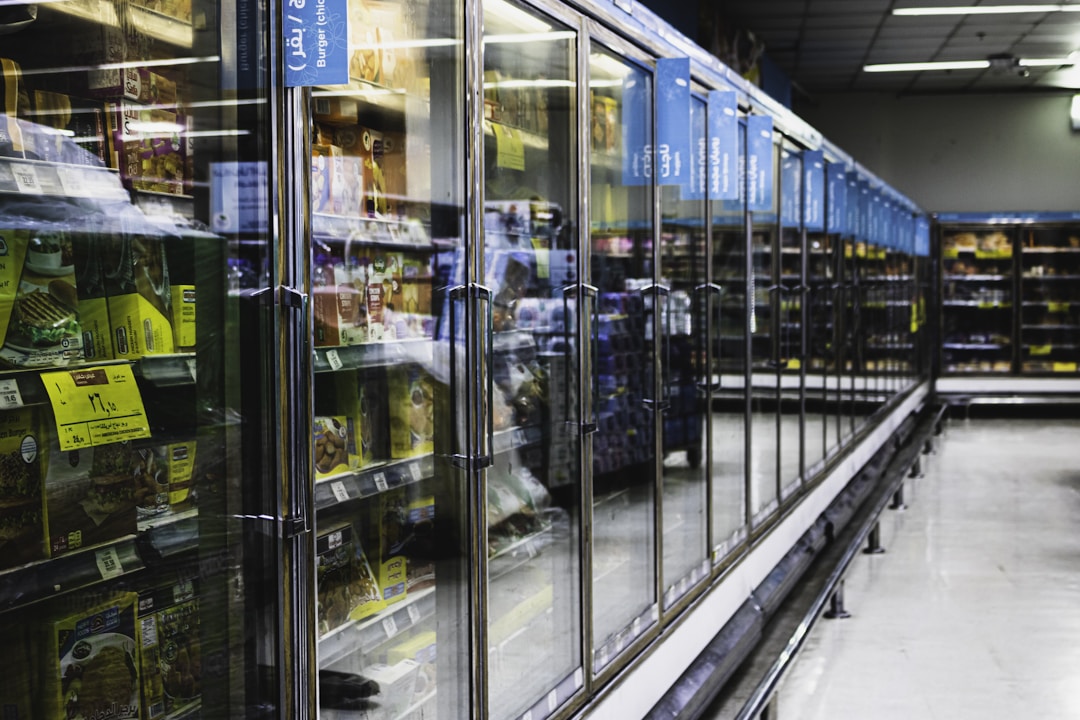Tips for Maintaining Optimal Performance in Industrial Chillers
Industrial chillers play a crucial role in a wide variety of industries, ranging from food processing to pharmaceuticals to breweries. From providing the necessary cool environments for food processing units to regulating the temperature in large premises, industrial-grade chillers are an imperative factor in maintaining optimal operational efficiency. Keeping these machines in top condition is necessary to ensure their total and cost-effective use. Keep reading to gain valuable insights on how to properly maintain industrial-grade chillers for optimal performance.
Understanding the Essential Function of Industrial Chillers

Industrial chillers play a vital role in maintaining the required temperature levels in different industrial settings. They draw heat from the process water and then send the cooled water back to the machines and systems for absorption of heat.
The process of heat absorption by chillers is critical to ensure the smooth functioning of several industries, from food and beverage, petroleum, and automotive industries to pharmaceuticals. Thus, the operational efficiency of an industrial chiller significantly impacts the overall production process.
Having a solid understanding of the operational process of an industrial chiller will enable any facility manager or operator to oversee their usage and maintenance procedures effectively. Understanding the basic working principles will also help you detect any minor operational discrepancies before they escalate into major operational hindrances.
Preserving Industrial Chiller Efficiency With Regular Maintenance
Maintaining industrial chiller efficiency is a multifaceted task. Regular maintenance boosts efficiency, leading to lower energy consumption and operational costs.
Regular inspection of the chiller’s pumps and motors ensures any wear and tear is spotted and rectified in the early stages. Furthermore, verifying that the refrigerant levels are right is vital for the effective cooling process.
Oil analysis also plays an integral role in maintaining the chiller’s efficiency. Changing the oil filters and cleaning the strainers ensures smooth and unhindered operation.
Regular maintenance routines should include cleaning and servicing the evaporator and condenser tubes. This helps maintain the efficiency levels while extending the operating lifespan of the chiller.
Significance of Proper Chiller Cleaning: Avoiding Blockages and Buildups

Like all machinery, industrial chillers are susceptible to grime buildup and blockages that adversely affect their performance. Regular cleaning is imperative for the chiller’s optimal operation.
Grime and dust buildup in the condensers and evaporator tubes results in reduced heat transfer efficiency. Hence, regular cleaning of these components is essential to avoid buildup and maintain efficient heat transfer.
Moreover, unclean chillers consume more power leading to high electricity bills. Ensuring regular cleaning routines will not only enhance the chiller’s efficiency but also reduce electricity bills.
Efficient cleaning methods, including chemical cleaning, mechanical scrubbing, and high-pressure water blasting, can keep your chillers free from harmful buildups.
Tackling Common Performance Problems in Industrial Chillers
Despite the robust nature of industrial chillers, like any machine, they are prone to problems and malfunctions. However, understanding these problems can greatly reduce potential operational downtime.
Common performance issues include aging parts, compressor malfunctions, refrigerant leaks, and thermostat problems. Quick remediation of these issues ensures the longevity of chillers while preserving their operational efficiency.
Additionally, soundproofing is a big concern with chillers. Noise often indicates a significant mechanical problem. Hence, measures should be taken to reduce the noise emission levels and detect potential faults.
By employing an efficient and effective maintenance strategy, and proactively identifying issues, you can significantly increase your chiller’s lifespan while reducing breakdowns and costly repairs.
Altogether, understanding the functionality of industrial chillers is key to maintaining chiller efficiency. Addressing common performance problems and scheduling professional inspections are paramount in securing a long and financially optimized lifespan for your chiller.





